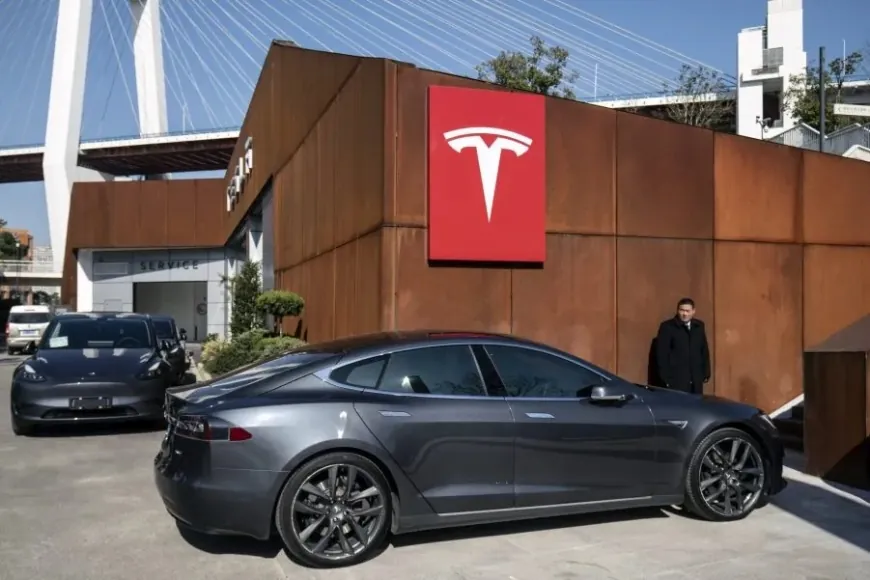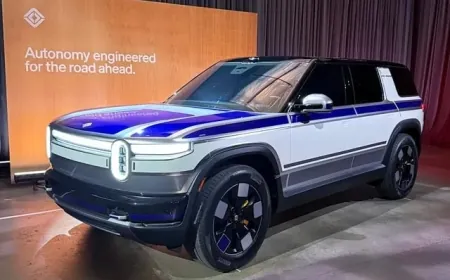Tesla Faces Federal Scrutiny for Delayed Self-Driving Crash Reporting
NHTSA opens federal investigation into Tesla after the company reported Autopilot and Full Self-Driving crashes months late, including incidents from its Austin robotaxi service.

The National Highway Traffic Safety Administration (NHTSA) has launched a formal investigation into Tesla (NASDAQ: TSLA) following repeated delays in reporting crashes involving its Autopilot and Full Self-Driving (FSD) systems. Federal rules require Tesla to report such incidents within five days, yet some reports were submitted months after the accidents, raising safety and regulatory concerns.
The NHTSA’s probe will examine why the reports were delayed, whether the submitted data is complete, and whether there are additional unreported crashes. Tesla has stated that the delays were caused by data collection issues, which the company claims have been corrected. Tesla did not provide further comment on the ongoing investigation.
This inquiry comes as Tesla expands its autonomous vehicle initiatives. In Austin, Texas, the company launched a self-driving taxi service, allowing passengers to ride in Tesla vehicles with minimal human supervision. Over-the-air updates to millions of existing vehicles are also planned, enabling them to operate with enhanced self-driving features.
The NHTSA investigation is separate from an ongoing probe started in October, which looks at self-driving performance in low-visibility conditions, such as fog or heavy rain. That earlier investigation involves approximately 2.5 million Tesla vehicles and has been linked to several crashes, including one fatality.
Experts warn that timely crash reporting is essential for public safety and regulatory oversight, especially as Tesla pushes toward mass deployment of autonomous vehicles. Delayed reporting could obscure trends, hinder investigations, and delay safety fixes, potentially putting drivers, passengers, and pedestrians at risk.
Tesla’s stock fell nearly 1% to $321 during midday trading on Thursday amid the news. Despite regulatory scrutiny, investor confidence in Tesla’s long-term autonomous vehicle ambitions remains strong, partly driven by the company’s innovative software updates and planned robotaxi network, which could significantly expand revenue streams.
Although Tesla leads in electric vehicle sales and autonomous technology, its repeated delays in reporting Autopilot and Full Self-Driving crashes have drawn federal scrutiny. The ongoing NHTSA investigation could slow or limit the nationwide rollout of Tesla’s Austin robotaxi service and delay critical over-the-air software updates that enable self-driving functions in millions of vehicles already on the road.
Regulators and industry experts say the case may also set a benchmark for crash reporting requirements across the self-driving car industry, forcing automakers to adopt faster and more transparent reporting practices. The outcome could shape federal oversight rules, safety standards, and public trust in autonomous vehicle technology in the United States.
Also Read: Tesla Grilled by U.S. Safety Agency Over Robotaxi Launch in Austin































































